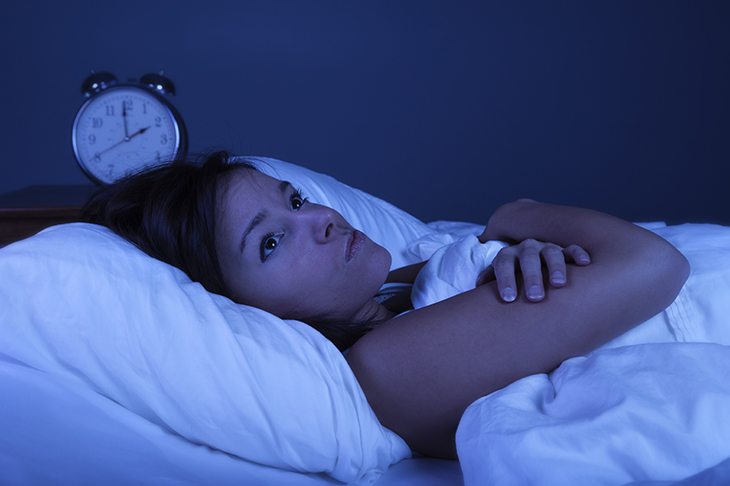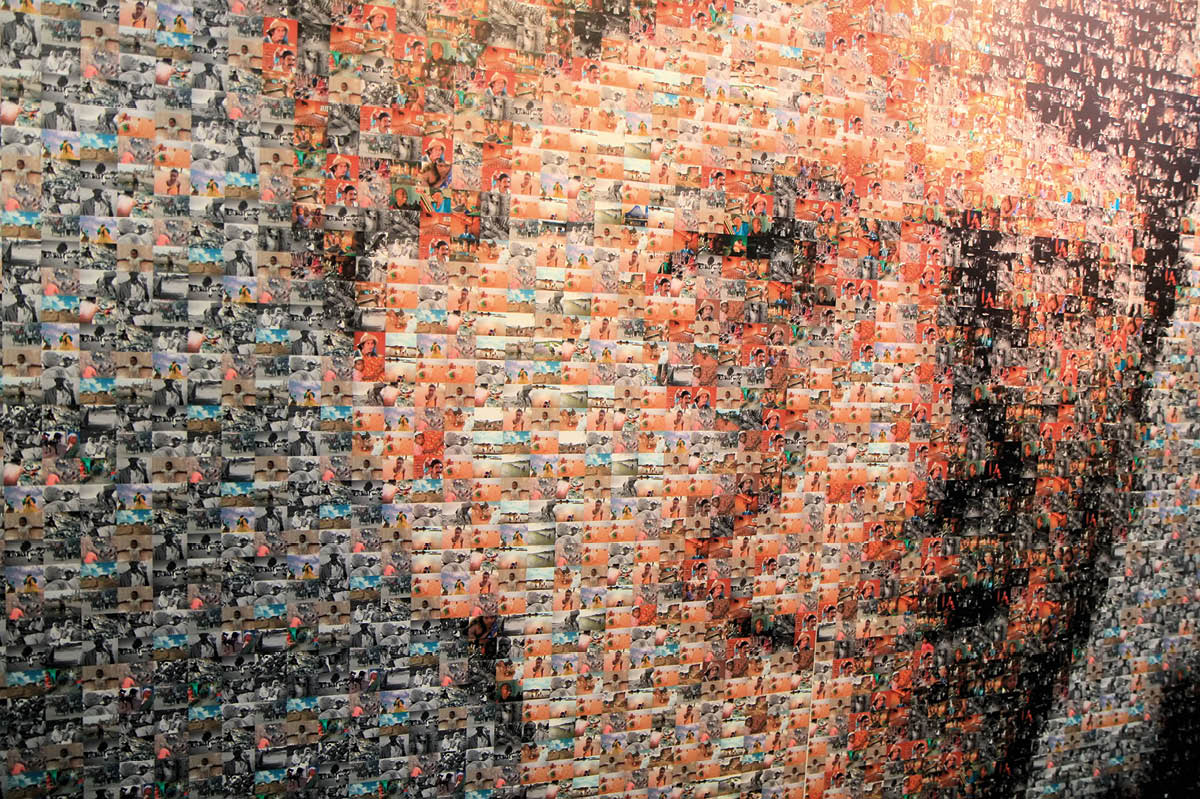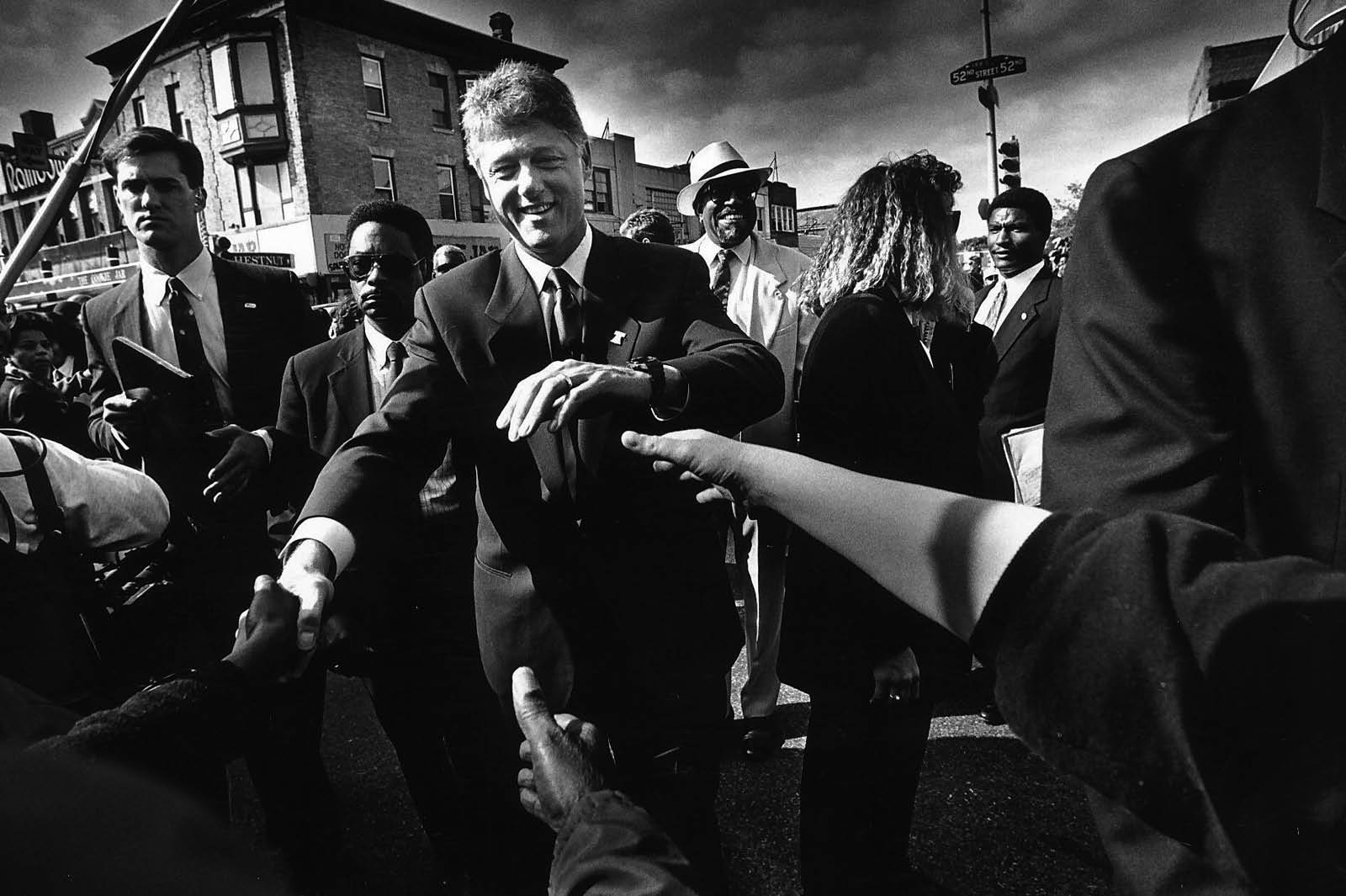A genre of memoir currently in vogue involves entwining the author’s personal story with the cultural history of a given phenomenon, so that each may illuminate the other. Mellow introspection and anecdotal whimsy are spliced with tidbits of cultural criticism; the prose is meandering and associative rather than linearly expository.
This format can feel a little gimmicky, but in the case of Marina Benjamin’s Insomnia it is apt: the book’s digressive expansiveness and collage-like structure evoke the feeling of lying in bed at night with your thoughts racing –
the freewheeling, seemingly autonomous tripping through utter banality, the night-time regurgitation of daytime crud… that moves like an arm-linked chain of cancan dancers through a demi-wakefulness that exists beyond any conscious control.
A passage on stimulants winds its way back to the political economy of the colonial-era sugar trade; a meditation on the isolation of the insomniac prompts a series of reflections on Robinson Crusoe; a segment on psychoanalytical dream theories examines interpretations of dreams experienced by people living under dictatorships. Elsewhere Benjamin revisits such 19th-century quackeries as Silas Weir Mitchell’s notorious ‘rest cure’, which inspired Charlotte Perkins Gilman’s short story, ‘The Yellow Wallpaper’. There are cameos from David Hume, Roberto Bolaño and, inevitably, Freud. In the midst of all this is Benjamin herself, zombified by exhaustion: ‘My head lolls with the effort of keeping myself upright. My eyes are glassed over. I am out of sorts with myself.’
She has tried all manner of remedies, from valerian root and meditation to Temazepam and Nytol. A hypnotic agent called Zopiclone ‘puts you to sleep for six or seven hours, but the next day it’s as if a cat pissed in your mouth’. She finds artificially induced sleep a poor substitute for the real thing — it renders her ‘heavy-limbed, lug-headed, one-dimensional’. A treatment known as sleep-restriction therapy involves limiting your allotted sleeping time by reference to a ‘sleep-efficiency quotient’, calculated as the ratio of how many hours you’ve slept vs the total amount of time you’ve spent physically in bed. Since she spends much of her waking life doing elaborate sums to quantify her sleep deficit, Benjamin quips that the collective noun for insomniacs should be ‘a calculation of insomniacs’.
When Benjamin’s partner — he has no trouble sleeping, and is therefore denoted by the alias ‘Zzz’ — observes that her writing is most alive when she is most zonked-out, she ponders whether her creativity might be inextricably bound up in her insomnia. But so what if it were? Our neuroses, she concludes, are what make us human, and artistic endeavor in particular relies upon ‘a willingness to look at the world at a tilt’. Warming to this theme, Benjamin takes issue with the fad for ‘mindfulness’ therapies and what she calls the ‘glorious blankness’ of Buddhist meditation. These practices substitute stupefaction for wonder, just as medical attempts to cure people of their neuroses have tended, historically, towards lobotomization of one kind or another.
In a society increasingly enthralled by the wellness industry’s cultish charms —sustained by Big Pharma and a burgeoning canon of self-help literature, and lately bolstered by the advent of digital apps —Benjamin’s is a refreshingly grounded and sanguine voice. Her ethical stance recalls the skepticism of a previous generation of writers, such as Ken Kesey and Anthony Burgess, towards overweening psychiatric interventions. Dosing up on opioids might get you through the night, but at what cost? ‘Enchanted sleep is dreamless,’ she writes. ‘And if you can’t dream, then how can you entertain visions of a better world?
This article was originally published in The Spectator magazine.

























